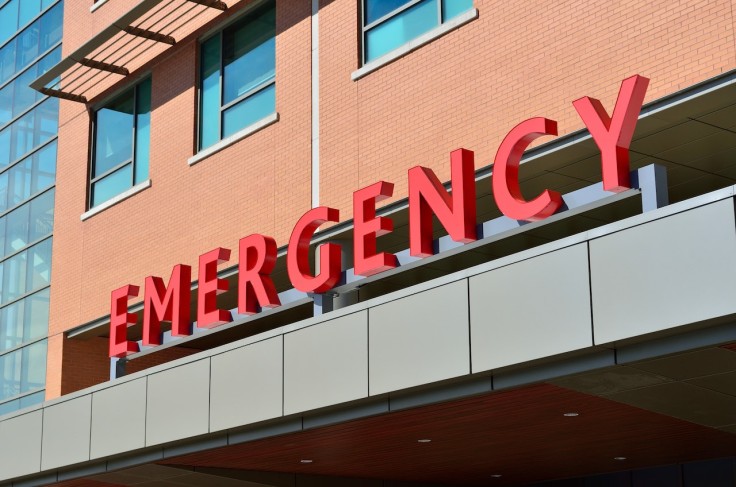
Allergists and immunologists have been treating kids with RSV even before its season has started.
In fact, Dr. Juanita Mora, whose clinic is in Chicago, treated an 8-month-old baby with this infection last September, and she was not expecting it for another 2 months.
The doctor said that they are seeing RSV infections going "rampant all throughout the country," CNN Health reported.
She further stated that the hospital's emergency department is getting flooded with sick kids having the infection. Thus, they want parents to know that they can actually go to their pediatrician and get tested for RSV, influenza and even Covid-19. Moreover, parents also need to know whether there is a need to go to the hospital or they can treat it at home.
Symptoms
The US Centers for Disease Control and Prevention stated that almost all children catch RSV at some point before they turn 2. Adults who catch it have a mild illness but for the elderly, those with chronic heart or lung disease or those with a weak immune system, the effects of the infection may be dangerous.
However, RSV for infants and kids can be especially tricky.
Dr. Mora, also a volunteer medical spokesperson for the American Lung Association, cannot help but stress the importance for parents, caregivers and daycare workers to know what to watch for with RSV or Respiratory Syncytial Virus.
Kids with RSV might have cold-like symptoms, such as a stuffy or runny nose, sore throat, mild headache, cough, fever, the kid not eating or drinking well, and having a general ill feeling.
Sometimes, an RSV infection can lead to wheezing, a whistling sound heard with breathing, and dehydration. Serious ones lead to bronchiolitis or pneumonia, especially in premature babies, infants younger than 1 year old, and kids with diseases that affect the lungs, heart, or immune system. Thus, parents need to be really cautious.
Doctors say that parents may find it hard to tell the difference between respiratory illnesses like RSV and flu. When in doubt, parents need to take their sick babies or kids to a pediatrician and be evaluated sooner rather than later.
Read Also: Bismarck Mom Educates Others About Dangers of RSV After Baby Daughter Falls Victim to Virus
Treatments & Preventions
There's no available antiviral, specific treatment, or a vaccine for RSV, unlike a flu.If the kid is sick, these are the things parents should do.
Make sure that the kids are drinking enough fluids. The fever and pain can be managed and cured with non-aspirin pain relievers like acetaminophen or ibuprofen. Make sure to talk to the pediatrician before letting your children take any over-the-counter cold medicines because these might contain ingredients that are bad for kids.
Look out for dehydration, especially for infants. Dr. Mora warns parents that if their babies stop eating or their urine output has decreased, it is already a sign that they either go to a pediatrician or to the emergency department.
She further said that labored breathing is another sign that the kid is having trouble with this virus. If parents see that their child's chest is moving up and down when breathing, cannot sleep because of their cough or worse, it's high time to go to the emergency department as they might need nebulization treatment or supplemental oxygen.
In terms of prevention, doctors say that the best way is for parents to teach their children to cough and sneeze into a tissue or into their elbows, and not on their hands. They also need to clean frequently touched surfaces.
If someone is sick in the house, make sure that a mask is worn and that hands are washed regularly. Most of all, if anyone is sick, stay at home to not spread the disease.
For children who are at highest risk for severe disease, a monoclonal antibody treatment can be done. Though it may not be available for everyone, it can protect the most vulnerable. This treatment comes in the form of a shot that children can get every month during the usual RSV season. Parents should not hesitate to talk to their doctor to check if their children qualify.
Related Article: Unusual RSV Cases Popping Up in the Summertime; What are the Symptoms?